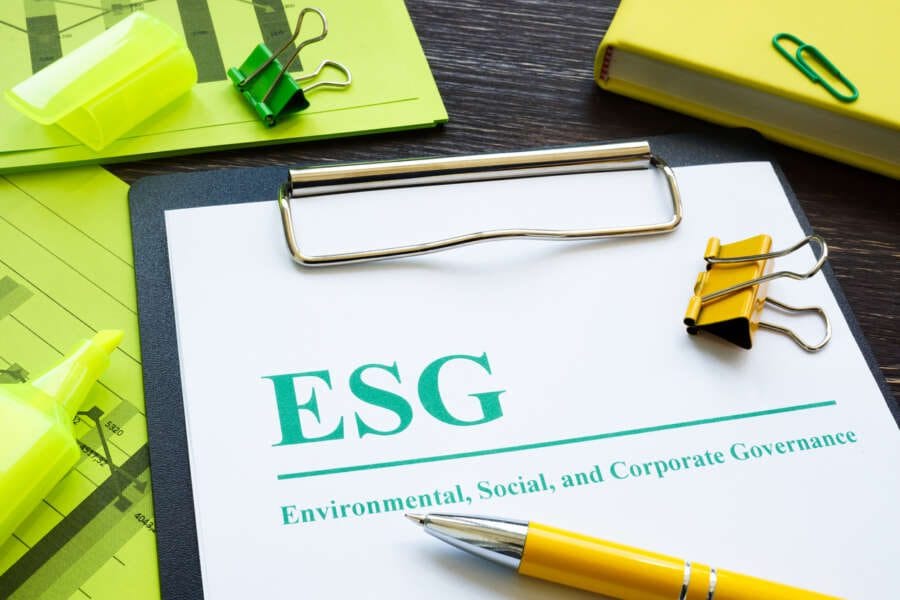
A major review of health inequities published today, 4th April, lays a roadmap for the role of industry in ‘levelling up’. The UCL Institute of Health Equity in partnership with Legal & General have launched The Business of Health Equity: The Marmot Review for Industry, which sets out three ways that business can improve people’s lives by reducing health inequality. These are:
1.Promote the health of employees through pay and benefits, hours and job security and conditions of work
2.Support the health of clients, customers and shareholders through products and services they provide and investments they make
3.Influence the health of individuals in the communities through investment influence, procurement, and supply networks.
The report finds that by improving the health of their employees, employers can reap the benefits of a more productive workforce. It has been estimated, for example, that 30% of the shortfall in productivity in the ‘Northern Powerhouse’ compared with the rest of England is due to ill health.
Legal & General and UCL IHE have entered into a four-year partnership to further the role of business in reducing inequalities in health in the UK and to establish a UK-wide health equity network. This report, setting out how business can drive improvements in health equity, is the one of the key outputs from the partnership.
This latest Marmot Review confirms businesses with a strong social purpose attract and retain the best employees, who increasingly seek more than just a pay-cheque. Within companies, the report points out, employees who feel emotionally connected and understand how they contribute personally have a stronger sense of wellbeing. Research shows having a sense of purpose in life is highlighted as a key feature for living to be over 100.
The Review goes further than workforce health because most of health outcomes are determined by the conditions in which we are born, live, grow, work and age – the Social Determinants of Health. The review therefore includes a framework for how businesses of all size can become a partner in creating healthier societies by reducing health inequities – considering their products and influences as well as employees’ health.
Commenting, the internationally renowned epidemiologist Professor Michael Marmot, Director of UCL’s Institute of Health Equity, said:
“The COVID-19 pandemic made clear a failing economy damages health. Until now the social determinants of health equity have been the responsibility of government and civil society. Business can be part of the problem of health inequalities. More positively, it can be part of the solution and has a key part to play in improving these social conditions that affect health and health equity: in conditions of work and employment; in goods and services; and in impact on the wider society and environment.
This report builds on the good practices of businesses that are showing the way. It also shows that it is in the interest of business to have regard to health equity as well as to ESG, environment, social and governance. More generally, it recognises that business can and should be responsible actors that can improve the quality of people lives, the environment, and as a result be forces for good in creating greater health equity.”
Sir Nigel Wilson, CEO, Legal & General, added: “Reducing health inequalities is a key part of levelling up: literally a matter of life and death. Business can be a force for good in society if we work to identify areas where we can sustainably and positively impact people’s lives. That is the aim of this review and our partnership; for experts such as Sir Michael Marmot to help us and other businesses deliver better health outcomes.
“Businesses and ESG (Environment, Social and Governance) investors are proving key to reducing carbon emissions. ESG’s “E” is working, but the “S” is further behind – the impact of corporate activity on population health and its associated costs is not currently adequately addressed. Post-COVID, there is a strong case to consider health and health inequality as crucial to the “S” of ESG – explicitly calling out health within a new “ESHG” framework.”
Why business has a role in reducing health inequities:
- Ill health is responsible for 30% of the shortfall in productivity in the ‘Northern Powerhouse’ compared with the rest of England
- For no good biological reason life expectancy stalled in 2019, then fell for men and women by approx. a whole year (the level of a decade ago) due to the COVID-19 pandemic (from 79.9 and 83.6yrs to 78.6 and 82.6yrs respectively)
- Excessive working hours are linked to premature deaths from stroke and heart disease – approximately 1:8 workers do more than 48hrs/week in the UK, rising to 1:6 in London
- The food industry spends 27 times more on advertising than the UK government budgets on promoting healthy eating, but obesity is a major social determinant of a shorter healthy life expectancy and contributed towards many deaths during Covid
- The statutory minimum wage is often insufficient to live a healthy life – most people in the UK in poverty are in paid work
- Pay for sickness absence is essential to physical and mental health yet statutory sick pay is one of the lowest in the EU, and many low earners are not even eligible
- Pockets of good work, siloed in ethics, corporate social responsibility or Environment, Social and Governance (ESG) teams, do not translate into healthy business practices
- Unhealthy environments cause a quarter of all deaths globally – polluting industrial sites or transport often move to disadvantaged neighbourhoods, exacerbating health inequities.


